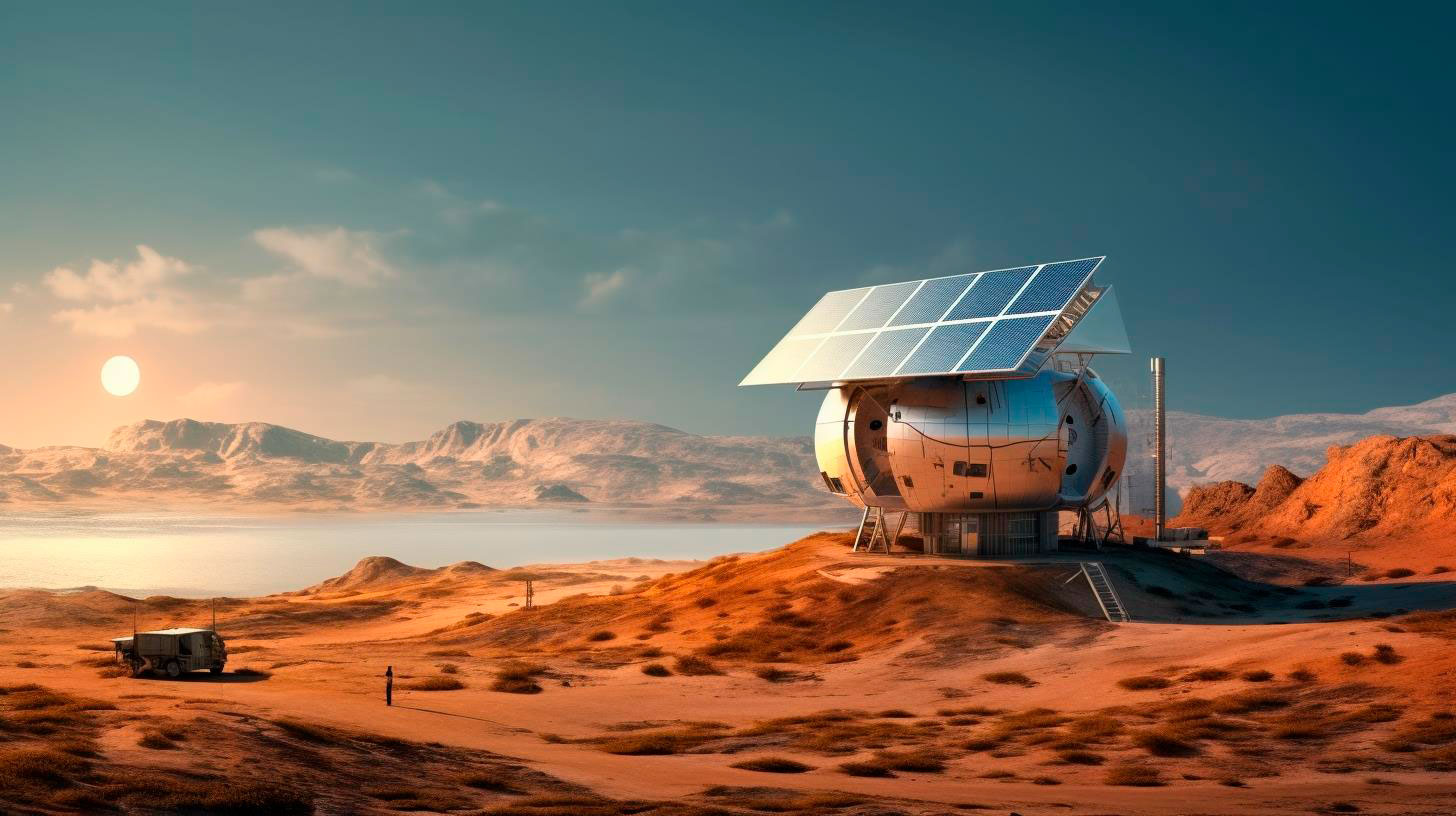AI-Optimized Energy Systems: A Smart Future for Urban Areas
This article explores the key benefits and advancements of AI-optimized energy systems, highlighting their importance in creating sustainable urban environments.
The Role of AI in Energy Systems
Artificial Intelligence acts as a catalyst in transforming traditional energy systems into intelligent and adaptive networks. It enables energy systems to learn from historical data, predict energy demand, optimize resource allocation, and automate energy generation and distribution processes. Here are key takeaways on the role of AI in energy systems:
- AI analyzes historical energy data to identify consumption patterns and optimize energy usage.
- Predictive algorithms help forecast energy demand, enabling efficient resource allocation.
- AI algorithms optimize energy generation by managing renewable resources effectively.
- Smart grid systems powered by AI enable real-time monitoring, identifying and resolving energy issues promptly.
Benefits of AI-Optimized Energy Systems
The integration of AI in energy systems offers numerous benefits for urban areas. Let’s explore the advantages of AI-optimized energy systems:
1. Energy Efficiency:
AI-optimized energy systems harness the power of data analysis to identify energy inefficiencies. By monitoring energy consumption patterns, AI algorithms optimize and automate energy distribution in real-time, reducing wastage and improving energy efficiency.
2. Renewable Energy Integration:
Renewable energy sources, such as solar and wind, play a crucial role in combating climate change. AI enables effective integration of renewable energy into the grid by managing fluctuations and predicting renewable energy availability, ensuring a reliable and sustainable energy supply.
3. Cost Savings:
AI-driven energy systems help reduce operational costs by optimizing energy consumption and resource allocation. By identifying energy-saving opportunities, organizations and households can lower their energy bills while supporting sustainable practices.
4. Enhanced Grid Stability:
AI-powered technologies enable real-time monitoring and analysis of energy grids, ensuring stability and preventing power outages. By identifying potential issues and implementing corrective measures promptly, AI-optimized energy systems enhance the reliability and resilience of energy grids.
Emerging Trends in AI-Optimized Energy Systems
As technology continues to advance, several emerging trends are shaping the future of AI-optimized energy systems. Let’s explore some of these exciting developments:
1. Demand Response:
AI algorithms are increasingly being used to manage demand response programs. With the ability to predict energy demand accurately, AI-optimized systems help balance energy supply and demand by incentivizing consumers to reduce or shift their energy consumption during peak periods. This reduces strain on the grid and supports the integration of renewable energy sources.
2. Blockchain Integration:
Blockchain technology coupled with AI can revolutionize energy trading and enable efficient peer-to-peer energy sharing. By securely recording energy transactions, blockchain ensures transparency and creates a decentralized energy market, boosting the use of renewable energy sources and promoting sustainability.
3. Internet of Things (IoT) Integration:
The integration of AI and IoT in energy systems enables seamless communication between devices, optimizing energy consumption based on real-time data. IoT-connected devices can automatically adjust their energy usage, synchronize with the grid, and contribute to energy efficiency initiatives.
The Future: Smart and Sustainable Urban Areas
AI-optimized energy systems are the cornerstone of building smart and sustainable urban areas. By leveraging AI’s analytical capabilities, energy systems can optimize energy consumption, improve grid stability, reduce costs, and increase the integration of renewable energy sources. With technology advancements and emerging trends, the future of urban areas looks promising:
- AI-optimized energy systems will enable cities to become energy-independent, relying on clean and renewable energy sources.
- Real-time monitoring and predictive capabilities will help prevent power outages and support efficient resource management.
- Energy-efficient buildings and infrastructures will become the norm, reducing environmental impact and enhancing sustainability.
- Decentralized and peer-to-peer energy trading platforms will empower communities to actively participate in the energy market.
In conclusion, AI-optimized energy systems hold great potential in revolutionizing urban areas by creating smart and sustainable energy networks. By harnessing the power of AI, cities can efficiently manage, optimize, and integrate renewable energy sources, reducing costs, and enhancing environmental sustainability.
